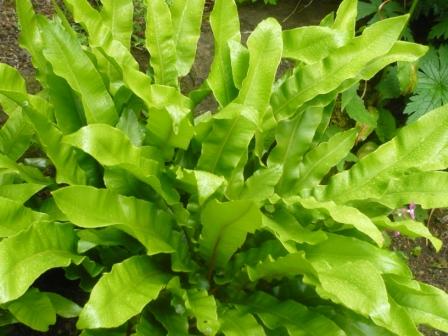Bracken or Ferns for your Garden
I have just returned from Ilkley Moor (and I wasn’t courting Mary Jane). I was tramping through shoulder high bracken that was thriving after the recent rain and the lack of competition at lower levels. Bracken are a coarse fern noted for their large, highly divided leaves (ferns on the other hand only have two divisions per leaf to create the arching fronds).
Bracken spreads by means of underground roots that pop up new fronds and from spores. Living near the moor I have several uninvited clumps in the garden. This type of encroachment is damaging for farmers and allotments and one of several problems of bracken. It is poisonous to humans plus most animals and can be a host for ticks. So I think that answers the question and it should be hardy ferns for your garden!
Ferns for ‘where the sun seldom shines’ grow in 10,000 species of which only 50 are hardy in the UK. Species of different sizes, shapes and colours can be grown together. Give each enough space so the fronds do not overlap. Spleenworts or Asplenium are related to hartstongue ferns
